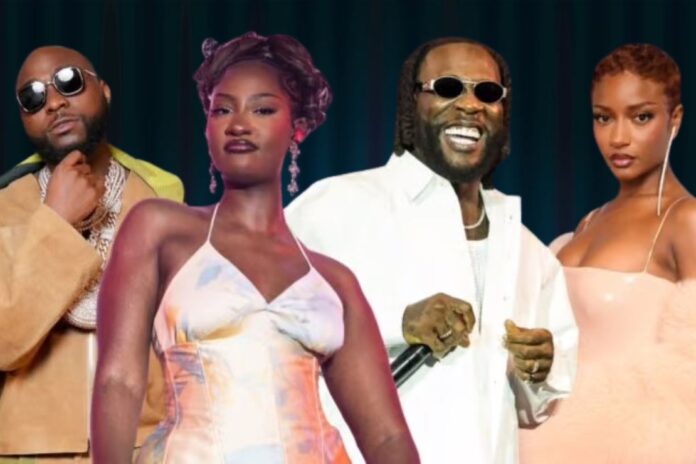Afrobeats Is Everywhere—and It’s Not Slowing Down
It’s hard to talk about music today without mentioning Afrobeats. What started in Nigeria and Ghana has become a worldwide movement. The roots go back to the 1960s, when Fela Kuti blended highlife, jazz, funk, and traditional African rhythms with strong political messages. But what we now call Afrobeats—with an “s”—really took shape in the 2000s.
Artists like Wizkid, Burna Boy, Davido, Tiwa Savage, and Yemi Alade helped turn the genre into something global. Mixing hip-hop, R&B, and dancehall, they made a sound that’s not only catchy but connects with millions. And now, Afrobeats is taking over stages everywhere—not just in Africa.
According to Live Nation, Afrobeats concerts in the U.S. jumped 400% from 2023 to 2024. Burna Boy made history in 2023, becoming the first Afrobeats artist to headline a U.S. stadium at Citi Field. He also sold out BMO Stadium in L.A. And during Asake’s Lungu Boy World Tour, he packed out Madison Square Garden.
A new sound is rising too—Amapiano, a genre from South Africa. In 2023, Tyla’s hit “Water,” a mix of Afrobeats and Amapiano, became the first song by a South African solo artist in 55 years to hit the U.S. Billboard Hot 100. It’s now in the top 10 in multiple countries.
Streaming numbers back it up: Amapiano went from 100 million Spotify streams in 2020 to 855 million by mid-2024. That’s a 153% jump in global reach in just a decade.
Afrobeats and Amapiano aren’t just music—they’re movements. And the world is finally listening.








